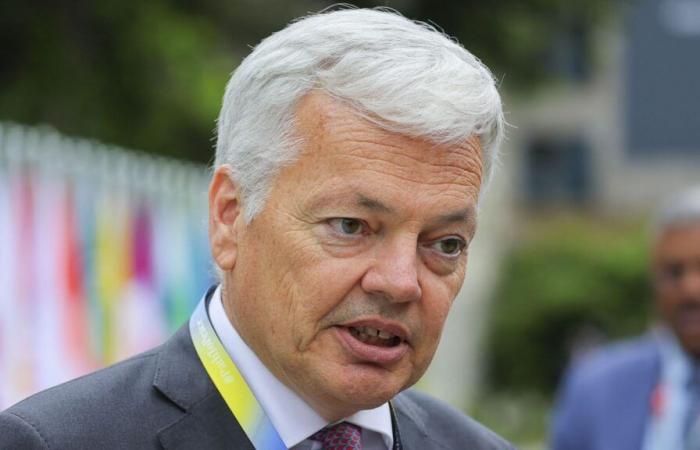Banks must exercise increased vigilance for politically exposed persons. “Because the European directive and Belgian law consider that these people are more at risk in terms of corruption and money laundering“.
The bank may ask its customers a series of questions like “Why do you want to withdraw high amounts? Or if there are deposits, ask about the origin of the funds.”
If suspicious movements are detected, the bank has the duty to notify these atypical transactions to the financial information processing unit, also called the CTIF.
The obligation to report otherwise…
The National Bank of Belgium has the duty to verify that banks are complying with the rules to combat money laundering. Otherwise, the latter may be sanctioned by an administrative fine of up to 10% of the bank’s net annual turnover or by a criminal sanction.
Today, it is within this framework that the national bank is investigating the management of the Didier Reynders case by ING. Was she blameless?
-The bank did ask the liberal politician questions about the origin of the funds (around 800,000 euros) deposited in cash for around fifteen years but it would not have transmitted any declaration of suspicion to the Financial Information Processing Unit (CTIF) before 2023. That is 5 years later.
Remember that Didier Reynders, presumed innocent, contests the classification of “money laundering” brought against him.
Belgium






